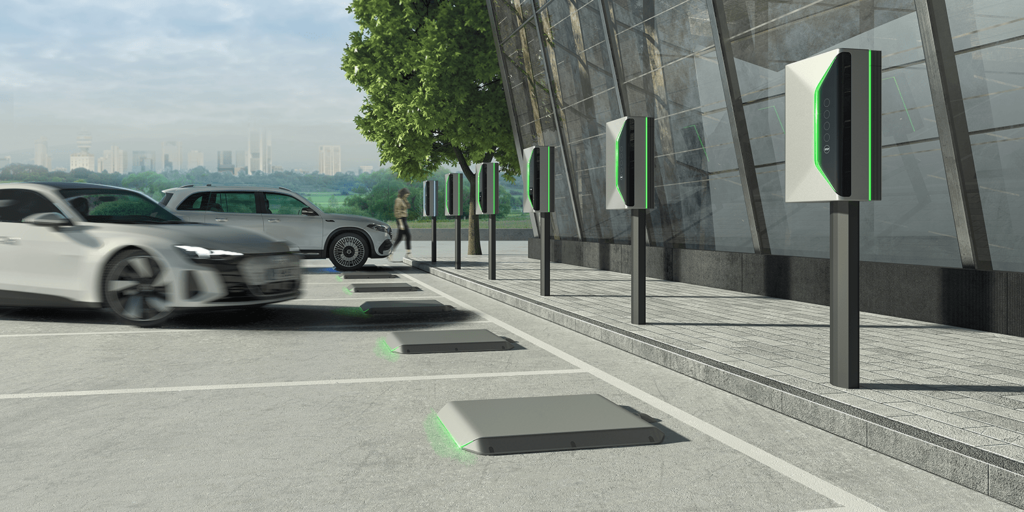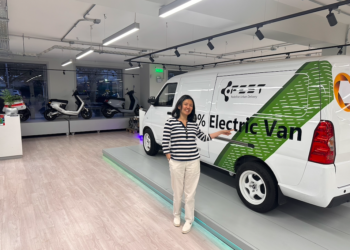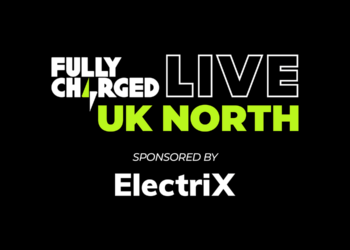The transition to electric vehicles is gathering pace, with many cities now adopting electric taxis, buses, and even garbage/refuse trucks as they endeavour to reduce pollution.
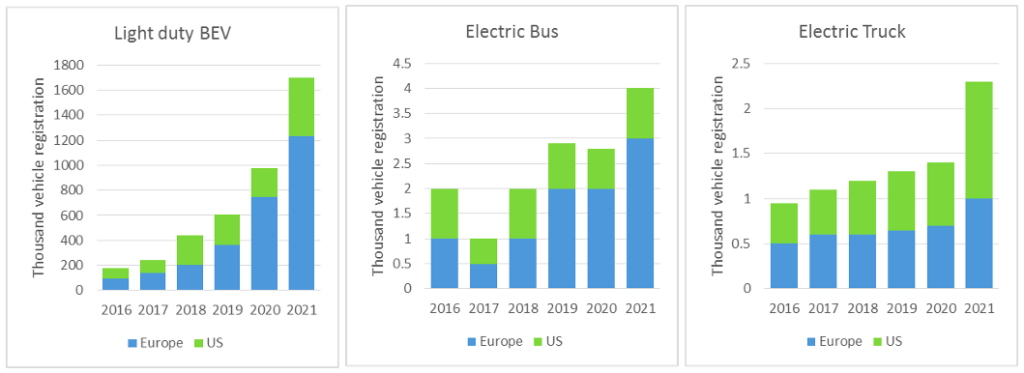
The challenge is providing a charging infrastructure that is fit for purpose, given the use of these vehicles, alongside private cars, taxis and last-mile delivery/service vehicles. To date, this has been through the provision of on-street and hub/depot charging with fixed charge points (CPs), using cables for “conductive” charging. The charging experience is often clunky, with poor user experience – handling heavy cables and charger accessibility issues.
Wireless charging, or “inductive” charging, is a natural step, to reduce some of the friction of using CPs, providing better access to charging for all users and a more efficient “Charge-as-you-Go” approach, with minimal visible impact and a seemless park-charge-pay solution.
The challenges facing wireless charging have been transfer speeds, power losses and the sensitivity of car-to-charge-pad alignment. To a large extent, these challenges have been overcome, with several players matching transfer speeds of traditional CPs, with comparable efficiency in power transfer and reduced sensitivity to miss-alignment. The next step is to ensure standardisation, which has started with 11kW AC fast chargers (SAE J2954).
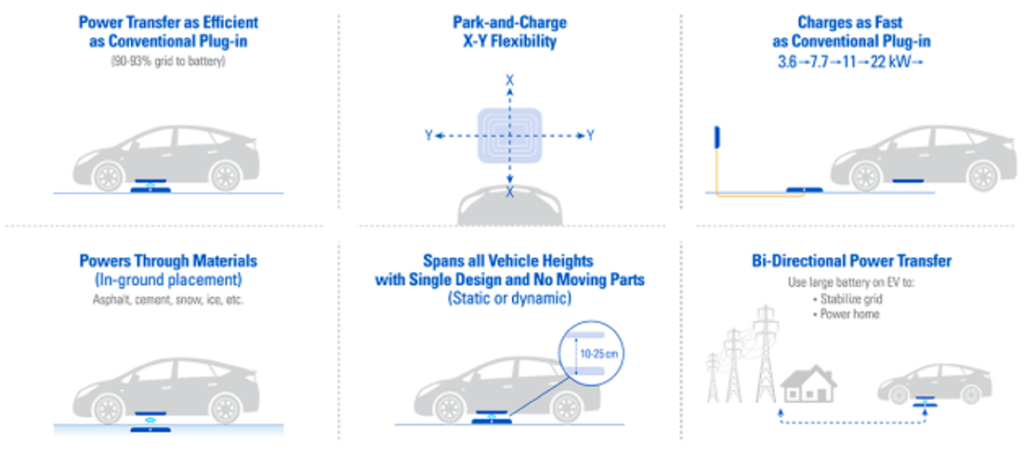
In practice, the roll-out of wireless solutions will simply replace existing CP hardware, using existing network connections. In addition, it offers an opportunity to match charging more closely to vehicle use cases, such as located at taxi ranks, bus stops, etc.
Several key players are trialling their solutions on the busy streets of cities across Europe, North America and China/South Korea, primarily with taxis and car-sharing fleets. Commercial fleet operators are trialling higher power solutions, up to 450kW DC and seeing real improvements in range extension and safety + reduced turnaround times for vehicles.
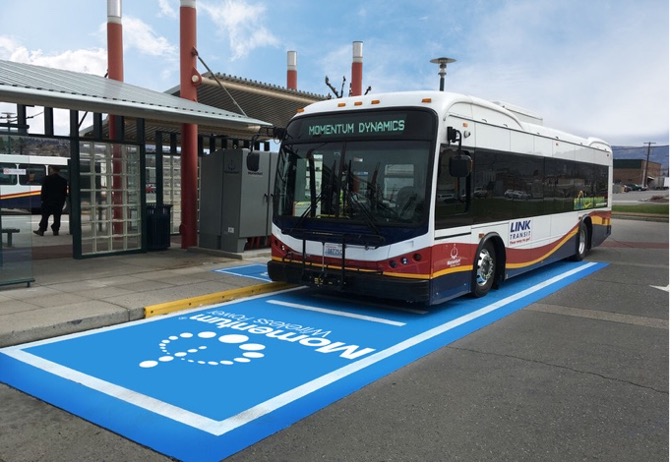
Whilst some players are promoting an alternative system of coils placed along a stretch of road, the scale of fitting/retrofitting road infrastructure together with improved battery range will make this a niche application. Stellantis (owner of Fiat, Peugeot and Chrysler brands) has trialled Electreon’s Dynamic Wireless Power Transfer solution and plans to roll this out at airports, ports and other sites with established shorter routes.
The next step is then fully autonomous charging, with vehicles parking themselves on wireless charge pads in car parks, fleet depots, etc. and then moving off the charge pad once charging is complete. Fleets will probably get here within the next few years, but the general-public and regulators may require more time!
Within the next 5-10 years, we see the current fixed CP model will dominate, but with early adoption of in-street wireless charging led by taxi and bus fleet operators together with dedicated depots for last-mile delivery vehicles. Wider adoption of wireless charging will come once the systems are fully standardised and adopted by automotive manufacturers, as they scale up to meet the transition to electric only vehicles between 2030 and 2045.
NovAzure is working with early-stage companies across the eMobility value chain, from vehicle OEMs and battery producers through to CP operators, EV fleet operators and providers of data-driven solutions for smart cities. Business models in this space are evolving and fast. If you would like to know more about how NovAzure can help in understanding the EV market and the opportunities ahead, please get in touch.
Andrew Aldridge – a.aldridge@novazure.com
Jean-Jacques Jouanna – jjouanna@novazure.com


